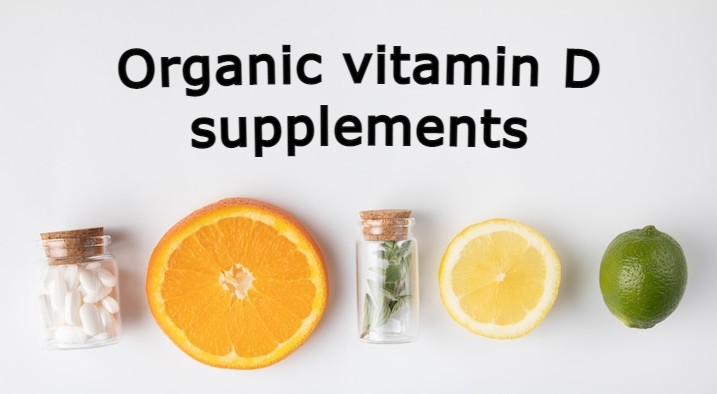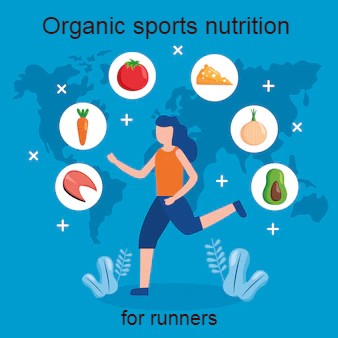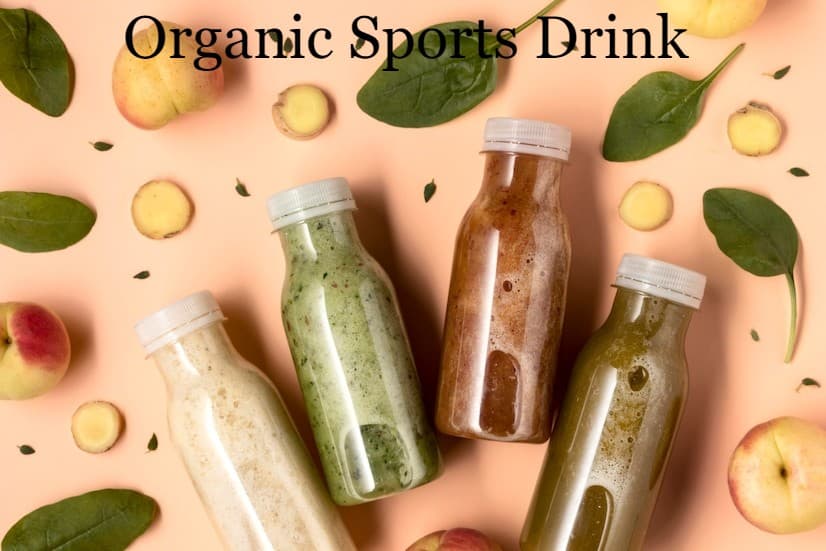Organic Antioxidants
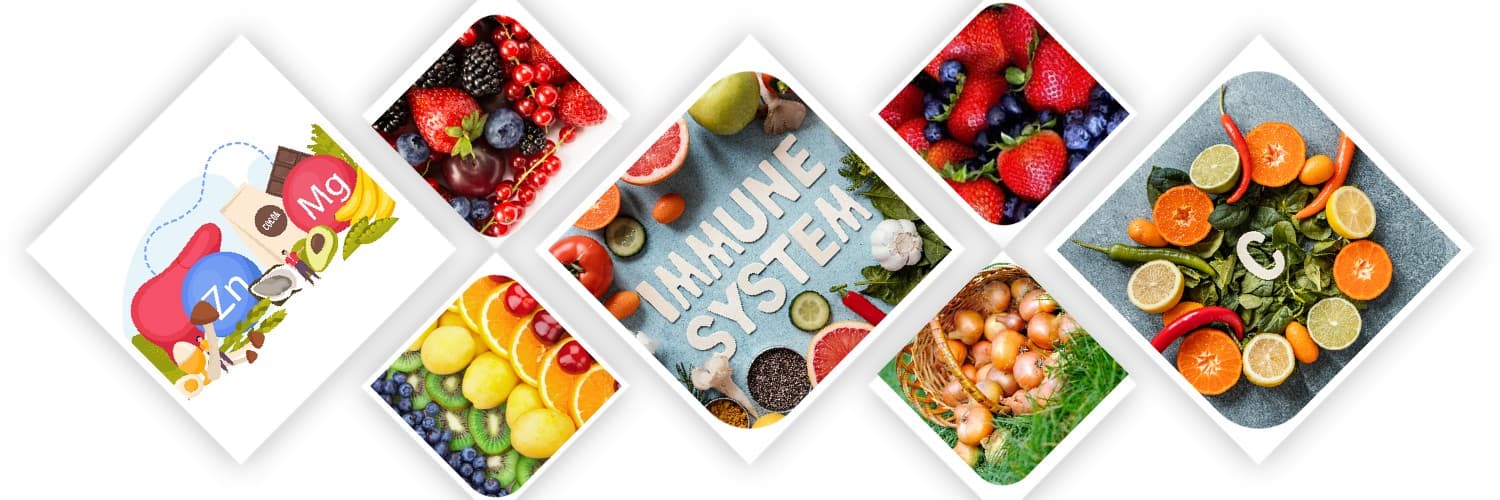
Hey there, it’s great to have you reading my blog on “Organic Antioxidants”. Today, I want to talk about the importance of including organic antioxidants in your diet and how they can benefit your overall health and well-being.
Antioxidants are a class of compounds that protect our body’s cells from damage caused by free radicals. Free radicals are unstable molecules that are produced naturally by our body’s metabolic processes, as well as by exposure to environmental factors such as pollution and UV radiation. When free radicals accumulate in the body, they can cause oxidative stress, which has been linked to a range of health problems, including cancer, heart disease, and Alzheimer’s.
Fortunately, nature has provided us with a rich source of organic antioxidants that can help to neutralize these free radicals and protect our cells from damage. From colorful fruits and vegetables to herbs and spices, there are plenty of delicious and nutritious foods that are packed with antioxidants. So if you’re looking to boost your health and protect your body from disease, be sure to include plenty of organic antioxidants in your diet. Thanks for reading, and don’t forget to check out the rest of my blog for more tips and insights on healthy living!
| Organic Antioxidants | Definition | Sources | Benefits |
|---|---|---|---|
| Vitamin C | A water-soluble antioxidant that helps protect cells from damage caused by free radicals. | Citrus fruits, berries, kiwi, tomatoes, peppers, broccoli, spinach, and other leafy greens. | Helps with collagen formation, wound healing, immune system support, and iron absorption. |
| Vitamin E | A fat-soluble antioxidant that helps protect cell membranes from oxidative damage. | Nuts, seeds, vegetable oils, leafy greens, and fortified cereals. | Helps with skin health, immune system support, and may reduce the risk of heart disease. |
| Carotenoids | A group of antioxidants that give fruits and vegetables their vibrant colors. | Carrots, sweet potatoes, kale, spinach, tomatoes, pumpkin, and squash. | May help reduce the risk of cancer and eye diseases like cataracts and macular degeneration. |
| Flavonoids | A diverse group of antioxidants found in fruits, vegetables, and some herbs. | Berries, citrus fruits, apples, onions, parsley, and tea. | May have anti-inflammatory and anti-cancer properties, and may help with brain function and heart health. |
| Coenzyme Q10 | A fat-soluble antioxidant that is important for energy production in cells. | Meat, fish, nuts, seeds, and some fruits and vegetables. | May improve exercise performance, reduce muscle damage, and help with heart health. |
What are Organic Antioxidants?
Organic antioxidants are natural substances found in plants and other organic sources that help protect cells from damage caused by free radicals. Free radicals are unstable molecules that can cause oxidative stress in the body, leading to cell damage and a range of health problems. Organic antioxidants work by neutralizing free radicals, reducing the damage they can cause to our cells.
Examples of Common Organic Antioxidants
There are many different types of organic antioxidants, each with their unique properties and benefits. Some of the most common organic antioxidants found in food and supplements include:
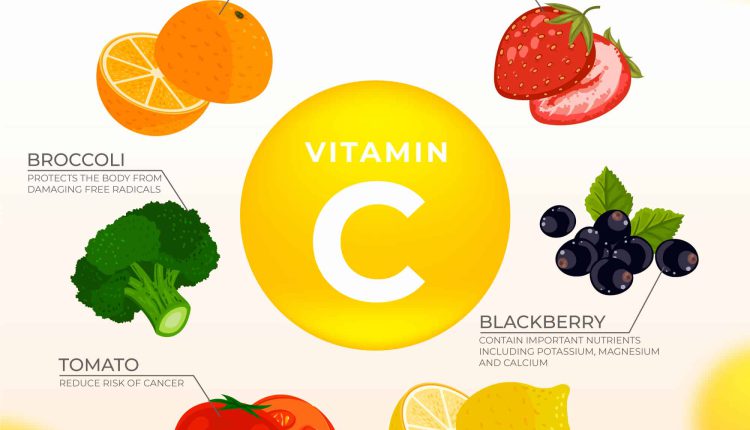
- Vitamin C – found in citrus fruits, kiwi, broccoli, and bell peppers
- Vitamin E – found in nuts, seeds, and leafy greens
- Beta-carotene – found in carrots, sweet potatoes, and spinach
- Lycopene – found in tomatoes and watermelon
- Flavonoids – found in fruits, vegetables, tea, and wine
How Organic Antioxidants Differ from Other Types of Antioxidants
While all antioxidants work by neutralizing free radicals, organic antioxidants are different from other types of antioxidants in that they are derived from natural, organic sources. In contrast, synthetic antioxidants are artificially made and are often added to processed foods to extend their shelf life. However, synthetic antioxidants have been linked to health problems, including cancer, and may not provide the same health benefits as organic antioxidants.
Health Benefits of Organic Antioxidants
There are many health benefits associated with consuming organic antioxidants, including:
- Protection against Chronic Diseases – Organic antioxidants have been shown to help reduce the risk of chronic diseases such as cancer, heart disease, and diabetes. Studies have shown that diets rich in organic antioxidants can help lower inflammation levels, reduce oxidative stress, and improve overall health.
- Anti-Aging Properties – Organic antioxidants can help slow the aging process by protecting cells from damage caused by free radicals. This can help reduce the appearance of fine lines and wrinkles and promote overall skin health.
- Immune System Support – Organic antioxidants can help support a healthy immune system by protecting cells from damage and promoting overall health and wellness.
Sources of Organic Antioxidants
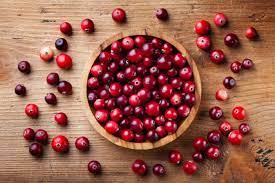
The best way to get organic antioxidants is by eating a diet rich in fruits, vegetables, nuts, and seeds. Some of the best sources of organic antioxidants include:
- Berries – Blueberries, raspberries, and strawberries are all excellent sources of organic antioxidants.
- Leafy Greens – Spinach, kale, and collard greens are all high in organic antioxidants.
- Nuts and Seeds – Almonds, walnuts, and chia seeds are all excellent sources of organic antioxidants.
- Herbs and Spices – Turmeric, ginger, and cinnamon are all high in organic antioxidants and have anti-inflammatory properties.
- Organic Supplements – If you’re unable to get enough organic antioxidants through your diet, supplements can be a good option. Look for organic supplements made from natural, organic sources.
Benefits of Consuming Whole Foods over Supplements
What are Whole Foods?
Before we dive into the benefits of whole foods over supplements, it’s important to define what we mean by “whole foods.” Simply put, whole foods are foods that are as close to their natural state as possible. This includes foods like fruits, vegetables, whole grains, nuts, and seeds. Whole foods are typically unprocessed or minimally processed, meaning they don’t contain added sugars, fats, or other artificial ingredients.
Now that we’ve established what we mean by whole foods, let’s take a closer look at why they’re often the better choice when it comes to our health.
Whole Foods Provide a Wide Range of Nutrients
One of the primary benefits of consuming whole foods is that they provide a wide range of nutrients that are essential for our health. When we eat whole foods, we’re not just consuming a single nutrient or vitamin – we’re consuming a complex mix of nutrients that work together to support our overall health.
For example, a single orange contains not only vitamin C, but also fiber, potassium, and folate. Eating the whole orange, rather than taking a vitamin C supplement, ensures that we’re getting all of these important nutrients in the proper amounts and ratios.
Whole Foods are More Bioavailable
Another key benefit of consuming whole foods is that they are generally more bioavailable than supplements. Bioavailability refers to how well a nutrient is absorbed and used by the body. When we consume a nutrient in its natural form, it’s often easier for the body to absorb and use than when we consume it in supplement form.
This is because whole foods contain a wide range of other compounds that work together to aid in nutrient absorption. For example, the vitamin C in an orange is accompanied by flavonoids, which have been shown to enhance the absorption and bioavailability of vitamin C.
Whole Foods Support Gut Health
Our gut health plays a critical role in our overall health and well-being. When we consume whole foods, we’re not only getting a wide range of nutrients, but we’re also supporting our gut health.
This is because whole foods contain prebiotic fibers that feed the beneficial bacteria in our gut. These bacteria play a key role in everything from digestion to immune function. By consuming whole foods, we’re supporting the growth and diversity of these beneficial bacteria, which can have a positive impact on our overall health.
Whole Foods are More Sustainable
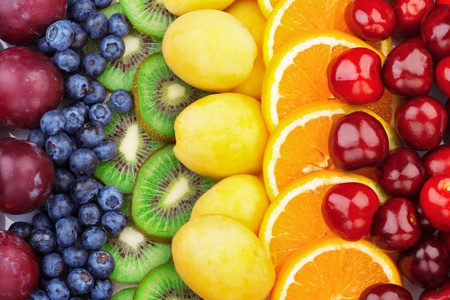
In addition to the health benefits of consuming whole foods, there are also environmental benefits. Whole foods are often more sustainable than supplements, as they require fewer resources to produce and have a lower environmental impact.
For example, producing a supplement requires energy and resources to extract, purify, and package the nutrient. Whole foods, on the other hand, can be grown using sustainable farming practices and often require fewer resources to produce.
Whole Foods are More Affordable
While supplements can be convenient, they can also be expensive. Consuming whole foods is often a more affordable option, as they are widely available and often less expensive than supplements.
In addition, when we consume whole foods, we’re getting more than just the targeted nutrient. This means we’re getting more bang for our buck, as we’re getting a wide range of nutrients and health benefits for the price of a single food item.
Tips for incorporating more whole foods into your diet
- Shop the perimeter of the grocery store: This is where you’ll find the fresh produce, whole grains, and other whole foods.
- Eat a variety of colorful fruits and vegetables: Aim to eat a rainbow of fruits and vegetables to ensure you’re getting a wide range of nutrients.
- Choose whole grains: Opt for whole grain breads, pastas, and rice instead of their refined counterparts.
- Snack on nuts and seeds: Nuts and seeds are packed with nutrients and make for a satisfying snack.
- Cook at home: When you cook at home, you have more control over the ingredients and can incorporate more whole foods into your meals.
By making these simple changes, you can easily incorporate more whole foods into your diet and reap the many health benefits they provide.
What is the best organic antioxidant?
When it comes to finding the best organic antioxidant, there are a few things to consider.
Firstly, make sure to choose organic sources of antioxidants to avoid harmful chemicals and pesticides. Some great sources of organic antioxidants include fruits like blueberries, raspberries, and strawberries, as well as veggies like spinach, kale, and broccoli.
Secondly, focus on variety. Different antioxidants provide different health benefits, so it’s important to consume a range of them to get the most benefits. For example, Vitamin C, Vitamin E, and beta-carotene are all important antioxidants with different properties.
Lastly, remember that a balanced diet rich in whole, natural foods is the best way to get a wide range of antioxidants. Supplements can be helpful, but they should never be a substitute for a healthy diet.
Overall, there’s no one “best” organic antioxidant – it’s all about incorporating a variety of antioxidant-rich foods into your diet to reap the most benefits.
What is the most natural antioxidant?

there are actually a lot of different foods that are high in antioxidants, and many of them are quite natural. Some common examples include berries like blueberries, raspberries, and strawberries, as well as leafy green vegetables like spinach and kale.
Other natural sources of antioxidants include nuts, seeds, and spices like turmeric and cinnamon. These foods contain compounds like vitamin C, vitamin E, and beta-carotene, which have been shown to help protect the body against damage from free radicals.
Of course, it’s worth noting that just because something is natural doesn’t necessarily mean it’s always better or healthier than something that’s not. It’s always important to have a balanced and varied diet, and to talk to your healthcare provider if you have any concerns about your nutritional needs.
FAQ
Research conducted by Harvard.edu has identified three key examples of antioxidants that can have beneficial effects on human health. These antioxidants are vitamin C, vitamin E, and beta-carotene. Vitamin C is a powerful antioxidant that helps protect against cellular damage caused by free radicals. It can be found in many fruits and vegetables, such as oranges, kiwis, and bell peppers. Vitamin E is another potent antioxidant that helps protect against oxidative stress and inflammation. It can be found in nuts, seeds, and vegetable oils. Beta-carotene is a type of carotenoid antioxidant that is converted to vitamin A in the body. It helps protect against damage to the eyes and skin caused by free radicals and can be found in orange and yellow fruits and vegetables, such as carrots and sweet potatoes.
Studies have shown that diets rich in these antioxidants may help reduce the risk of chronic diseases such as cancer, heart disease, and Alzheimer’s. In addition, they may also have anti-aging effects, improve immune function, and enhance skin health. Incorporating a variety of antioxidant-rich foods into your diet can provide a wide range of health benefits. So, whether you’re looking to protect against disease or enhance your natural beauty, adding more vitamin C, vitamin E, and beta-carotene to your diet is a smart choice supported by scientific research from Harvard.edu.
It is not possible to identify a single “number 1” antioxidant, as there are many different types of antioxidants that work in different ways and may be more or less effective depending on the specific situation or context. However, some commonly recognized antioxidant-rich foods include berries (such as blueberries, strawberries, and raspberries), leafy green vegetables (such as spinach and kale), nuts and seeds, dark chocolate, and spices (such as turmeric and cinnamon).
An example of an organic antioxidant is vitamin C, which is found in many fruits and vegetables such as oranges, strawberries, and broccoli.
There is no single “best” organic antioxidant as different antioxidants can have different benefits for the body. Some common examples of organic antioxidants include vitamin C, vitamin E, beta-carotene, and polyphenols found in foods like berries, green tea, and dark chocolate.
Table of contents
Contents
- What are Organic Antioxidants?
- Examples of Common Organic Antioxidants
- Health Benefits of Organic Antioxidants
- Sources of Organic Antioxidants
- Benefits of Consuming Whole Foods over Supplements
- Whole Foods Support Gut Health
- What is the best organic antioxidant?
- What is the most natural antioxidant?
- FAQ
- Table of contents
